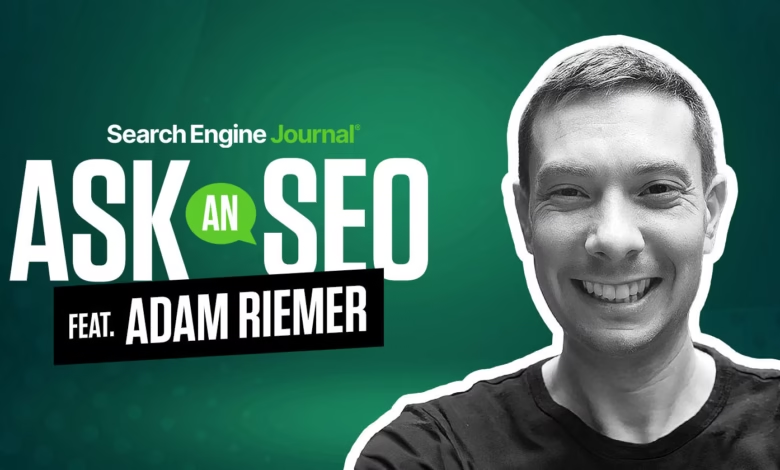How AI Is Transforming Affiliate Marketing Strategies

▼ Summary
– AI can enhance affiliate marketing by improving efficiency and strategy but may backfire if misused, especially with unready AI tools.
– Affiliates risk penalties by using AI for programmatic SEO or low-quality content, as seen with past algorithm updates.
– AI-generated content can provide value through citations in AI outputs, even if affiliates aren’t driving direct sales.
– Coupon sites may lose traffic as AI tools like ChatGPT directly provide coupon codes, bypassing affiliate links.
– Affiliate managers must vet AI-generated content and fake accounts to avoid fraud and brand misrepresentation.
The affiliate marketing landscape is undergoing significant transformation as artificial intelligence reshapes strategies across the industry. While some fear obsolescence, forward-thinking professionals recognize AI as both a disruptor and an accelerator. The technology’s impact varies dramatically depending on whether you’re a content creator, program manager, or network operator – each facing unique challenges and opportunities.
For publishers and content creators, the temptation to mass-produce AI-generated material comes with substantial risks. History shows search algorithms eventually penalize low-quality, programmatic content – whether spun by early 2000s tools or modern large language models. However, AI presents an unexpected advantage: content that previously generated minimal sales now carries value through citations in AI systems. Savvy affiliates are capitalizing on this by charging premium rates for placements that feed AI knowledge bases.
Coupon sites face particularly turbulent waters. AI assistants now directly surface discount codes, bypassing the need to visit affiliate-linked pages. While some traffic persists through Google’s attribution of sources, the writing appears on the wall for pure-play coupon platforms. Their survival hinges on leveraging owned channels like email lists and community platforms where AI can’t easily intercept transactions.
Affiliate managers confront new complexities in partner vetting. Sophisticated fraud schemes now deploy AI-generated publisher sites with convincing human fronts. The solution? Rigorous manual review processes that no algorithm can yet replicate. Paradoxically, AI excels at the opposite end of the spectrum – streamlining partner discovery through intelligent list-building and customized outreach templates. The key lies in balancing automation with human oversight, particularly for compliance-sensitive industries.
Networks sit on mountains of untapped data that could revolutionize partnership matching. Machine learning could identify ideal affiliate-program pairings based on historical performance patterns. Yet this capability threatens to commoditize hard-won partner relationships while overwhelming affiliates with recruitment spam. More immediately valuable are AI-powered reporting tools that uncover cross-channel insights and product bundling opportunities invisible to traditional analytics.
The most successful players will be those who treat AI as an enhancement tool rather than a replacement for human judgment. Automated content creation risks brand safety violations, while over-reliance on algorithmic matching can destroy carefully cultivated partnerships. Yet when applied strategically – for research augmentation, workflow optimization, and data pattern recognition – AI unlocks unprecedented scaling potential in affiliate marketing’s human-driven ecosystem.
The coming years will separate temporary hacks from sustainable strategies. Quality content, authentic relationships, and strategic technology integration will outperform brute-force automation every time. As the dust settles, affiliate marketing may emerge stronger than ever – not despite AI, but through its thoughtful application.
(Source: Search Engine Journal)
